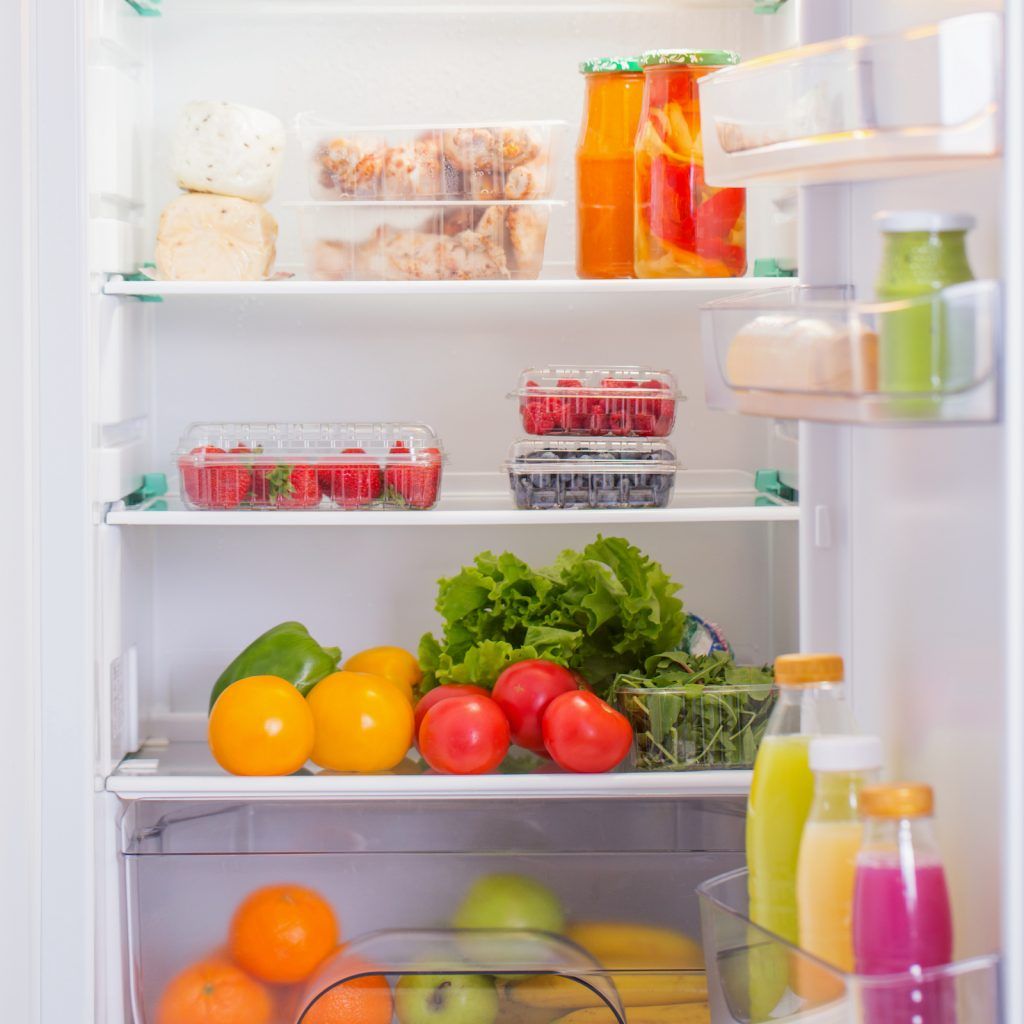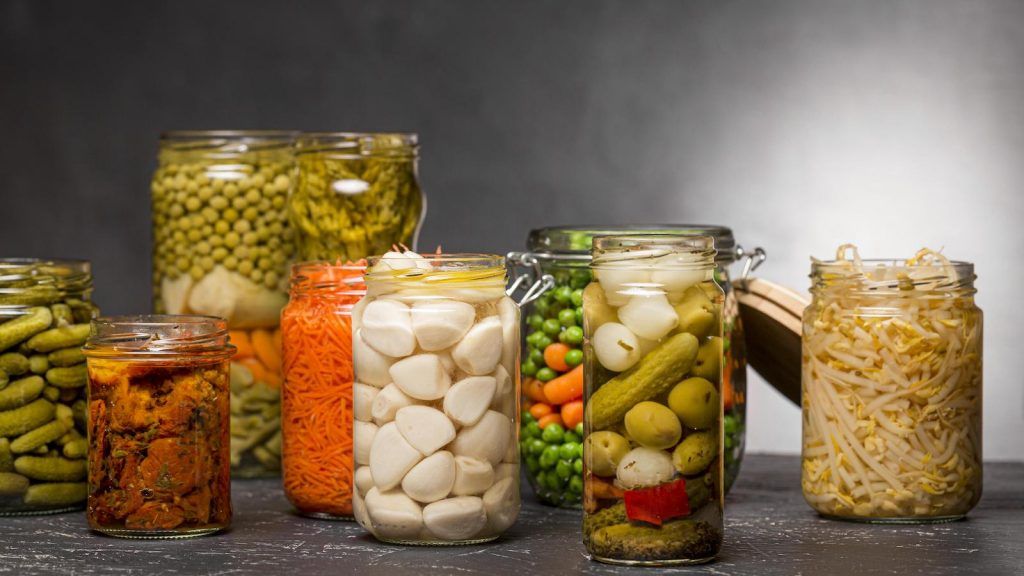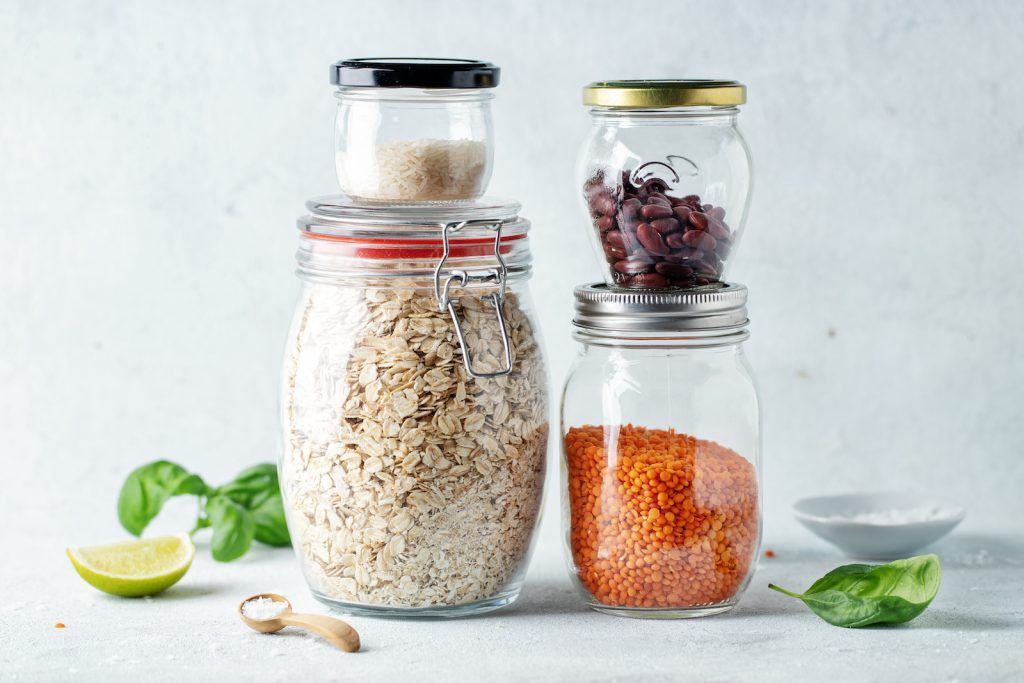We wish for rain more than ever because the oppressive heat is nearing intolerable levels. Even while it rains briefly every two to three weeks, the full-blown monsoon has not yet arrived. The monsoon reduces the temperature and makes everything greener. We are aware that there are many reasons to celebrate the monsoon, but there are some considerations we should make to make the season even happier. The first is watching what we eat to prevent digestive issues, seasonal fever, and other things. The second point is, of course, to maintain food safety to prevent such issues.
The monsoon season brings humid weather and its fair share of food problems, including the accelerated spoilage of food by unsavory fungi and bacteria. If the refrigerator is not properly maintained or has the wrong temperature adjusted, even having food inside of it may not keep it fresh. Do not worry; we have some simple answers for you. We’ve included some advice on how to preserve food safety and freshness throughout the monsoon.
What are Home Treatments?
In the monsoon season, it is simple to preserve and refrigerate fruits and vegetables, but what about other food items? During the monsoons, traditional home treatments like utilizing herbs to keep mosquitoes away from meals are quite helpful. To keep insects away from pulses and grains during the monsoons, herbs and spices like neem, cloves, turmeric, and dried chilies can be preserved. These are organic pest deterrents. Salt, sugar, and a few rice grains can help keep the other ingredients dry by absorbing any extra moisture in the container.
AVOID Purchasing Perishable Food in Large Amounts
Food products like bread, cakes, and cookies spoil quickly. This is why buying them one at a time is generally advised so you can consume the entire packet within a day or two. To keep the open packets fresh, it is also advised that they be kept in the refrigerator. We advise putting these brief suggestions to use in your everyday life so that everyone can enjoy the monsoon even more.
proper preservation of fruits, vegetables, and snacks

To reduce the risk of spoiling, store fruits and vegetables in the refrigerator. After washing, they should be well dried and placed in separate compartments of the refrigerator in paper bags. In case they start to spoil, keep an eye on them and take any fruit or vegetables out. Washing veggies is a common recommendation. However, during the monsoon, wash your vegetables with additional caution. Vegetables during the monsoon season may have microscopic bug larvae in their crevices, so wash them thoroughly. If you can, use a vegetable wash during the monsoon season to offer an extra layer of protection.
Snacks or food products are reported to spoil during the monsoon due to the significant exposure to sunlight. It is always advised to limit food items’ exposure to the sun during the monsoon. Snacks are typically more likely to go soggy when kept in packets due to moisture and humidity. One solution is to store them in a well-sealed glass container. The shelf life of the food is extended by storing it in an airtight glass container.
Mixing must be prevented.

Even if you keep a variety of foods in a glass jar during the monsoon, you should never mix them. Food Snacks should be carefully packed in the glass jar before being stored. Due to moisture during the monsoon, foods with high salt and sugar content get soggy. The food should be kept in separate containers.
The best options are airtight containers or glass.

The key factor causing germs to flourish during the monsoon is the moisture in the air. Your food stock is much less likely to deteriorate or mold if you store it in sealed containers. Additionally, the possibility of moisture altering the consistency of things like salt or sugar is removed by storing them in glass containers. By putting your food items in glass or stainless-steel airtight jars, you can keep them fresh and dry during the monsoon season.
Saltand Sugar are two components that don’t mix well during the monsoon. They become soggy immediately after absorbing moisture.
When storing salt and sugar during the monsoon, avoid using plastic containers and opt instead for airtight glass ones. Put some uncooked rice in the bottle to absorb the extra moisture but don’t leave the lid open.
The same holds for wafers, cookies, and biscuits.
Maintain a clean refrigerator

Refrigerators can prevent the growth of mold and lower the possibility of food spoilage. However, an unclean refrigerator could have a negative effect because it serves as a haven for dangerous bacteria or fungi. It’s important to clean your refrigerator frequently since food particles can become lodged in the corners. You can easily clean the shelves of your refrigerator by combining warm water, vinegar, and baking soda in a solution. After cleaning, make sure to completely dry the refrigerator racks. By placing a tiny container of baking soda in the corner of the refrigerator, you can prevent odors while also absorbing extra moisture.
However, you can Orderall types of fresh produce fruits, vegetables and all food items easily to avoid food storage issue in monsoon. Order from www.kesargrocery.com and get the delivery at your doorstep anytime and anywhere in USA



